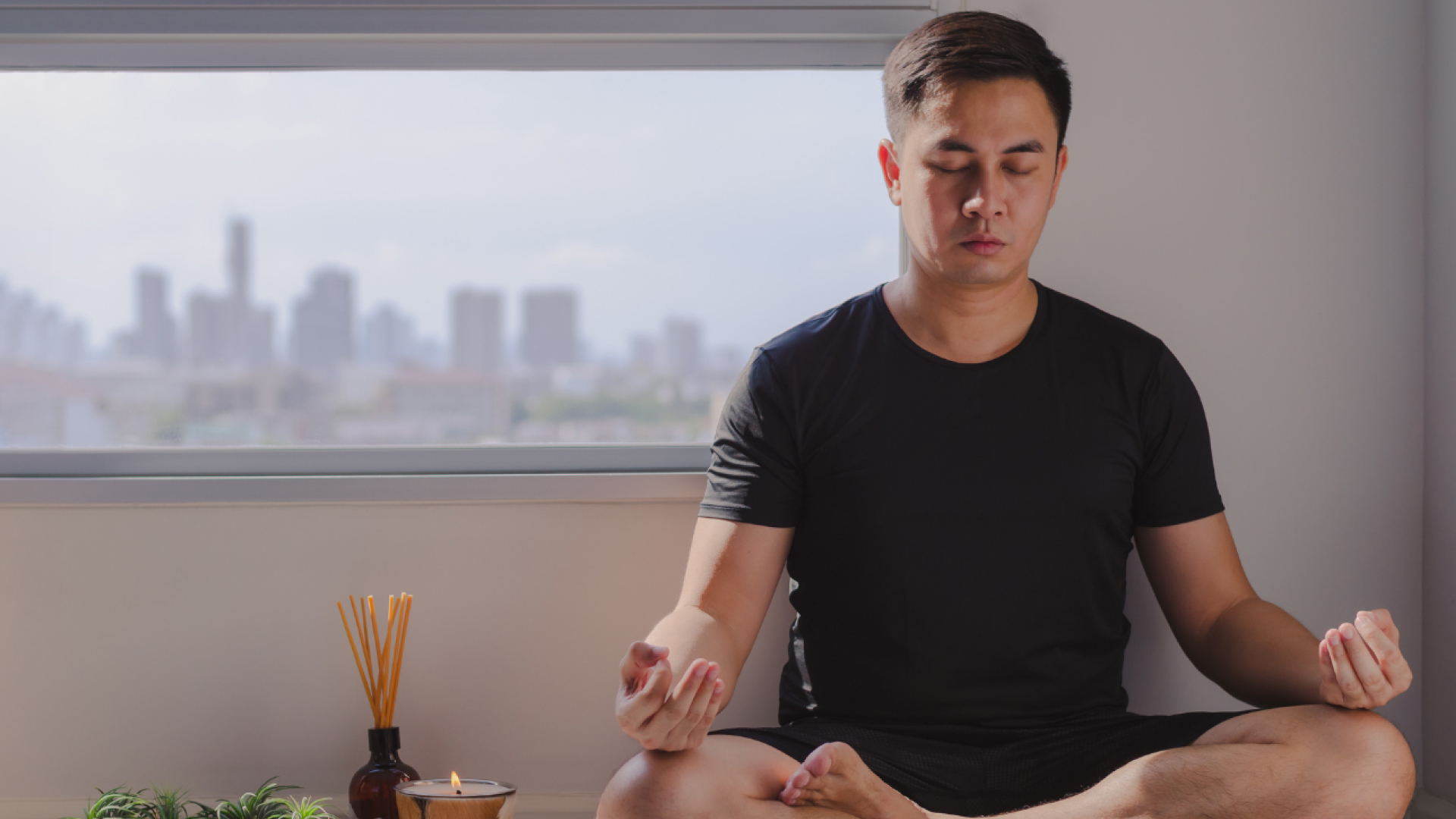From an evolutionary standpoint, worry and anxiety are emotional responses to threat or danger. This can be compared to today’s society, where we face pressure and stress from work and everyday life. And amid the COVID pandemic, remote work added pressure to that WHILE being at home, where we usually feel safe and rested. The psychiatric care providers at Peak Wellness Psychiatry say, “We can think of anxiety as rest deprivation. It seems you are always in a state of alertness and hypervigilance.”
This means the difference between simple worrying and anxiety is sometimes hard to differentiate, as you most likely won’t be able to identify the moment the change from one to the other happens.
When short-term anxiety becomes significant and constant, it develops into an anxiety disorder. Anxiety disorder can last for a long period and worsen over time if left untreated. Because of the severity, anxiety disorder can impair your daily life and impact your relationships and social skills in a destructive way.




